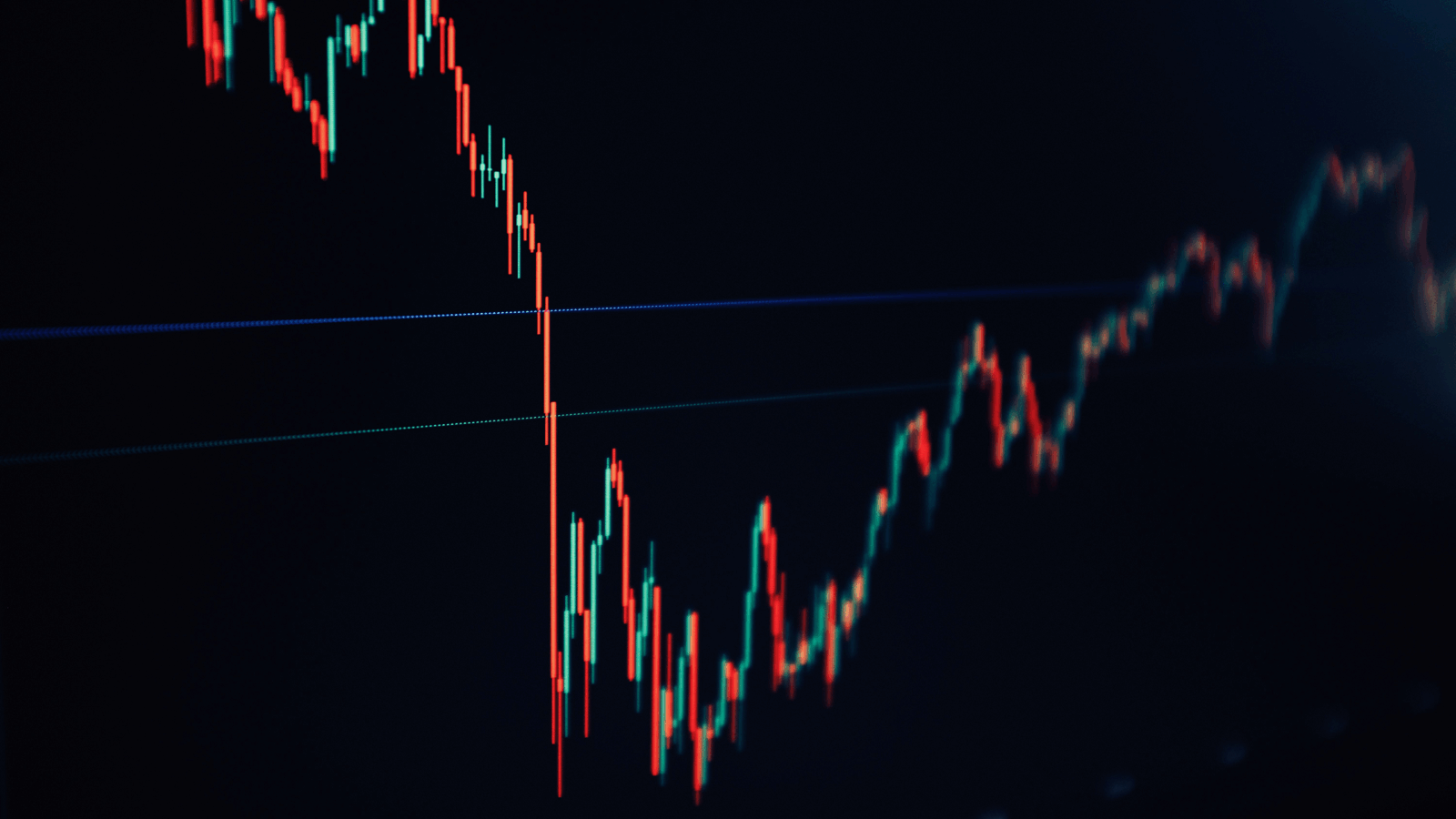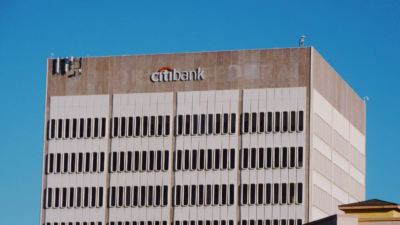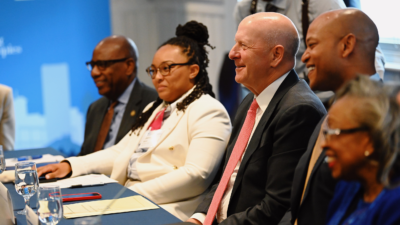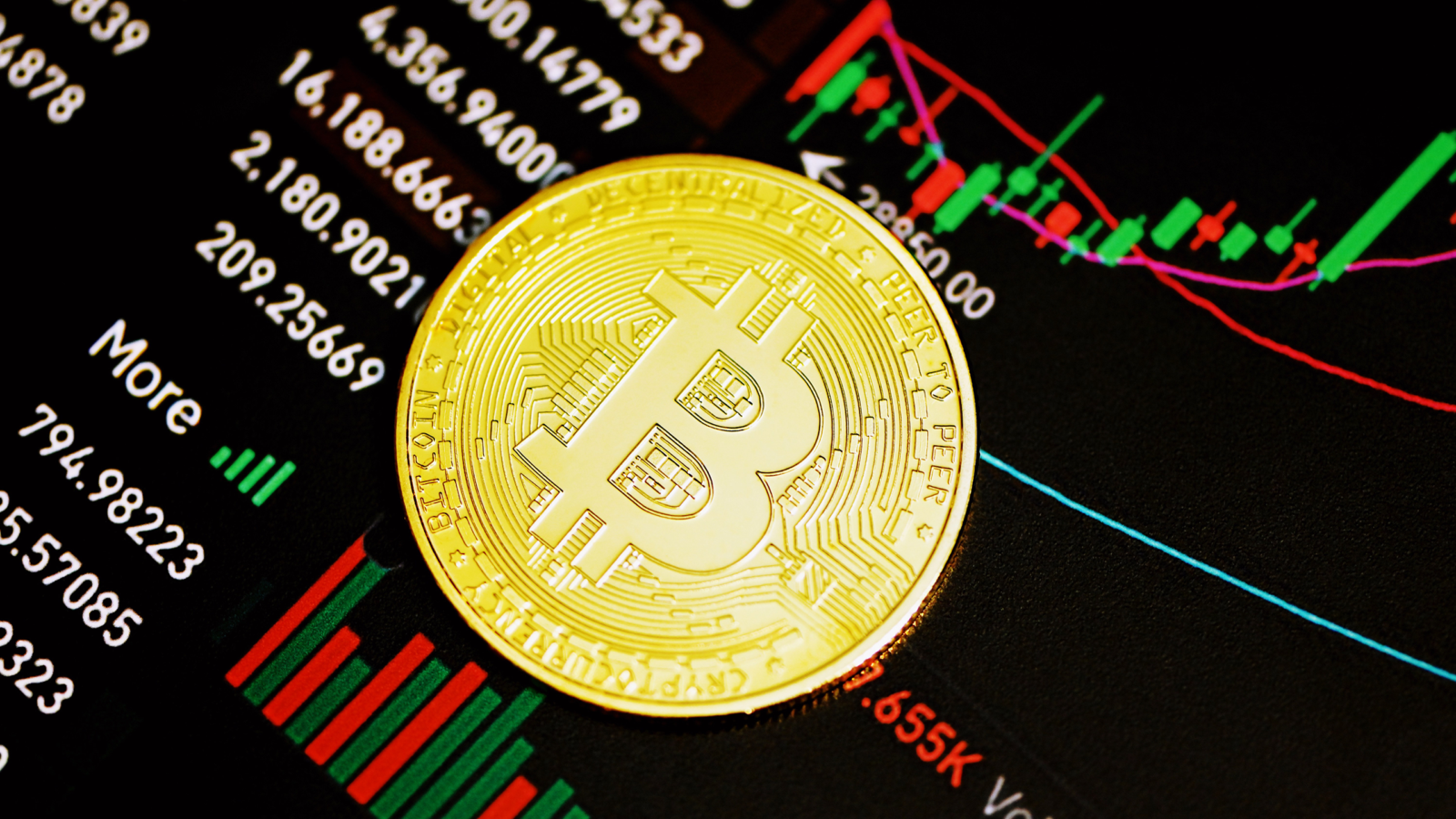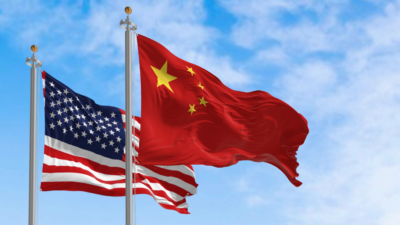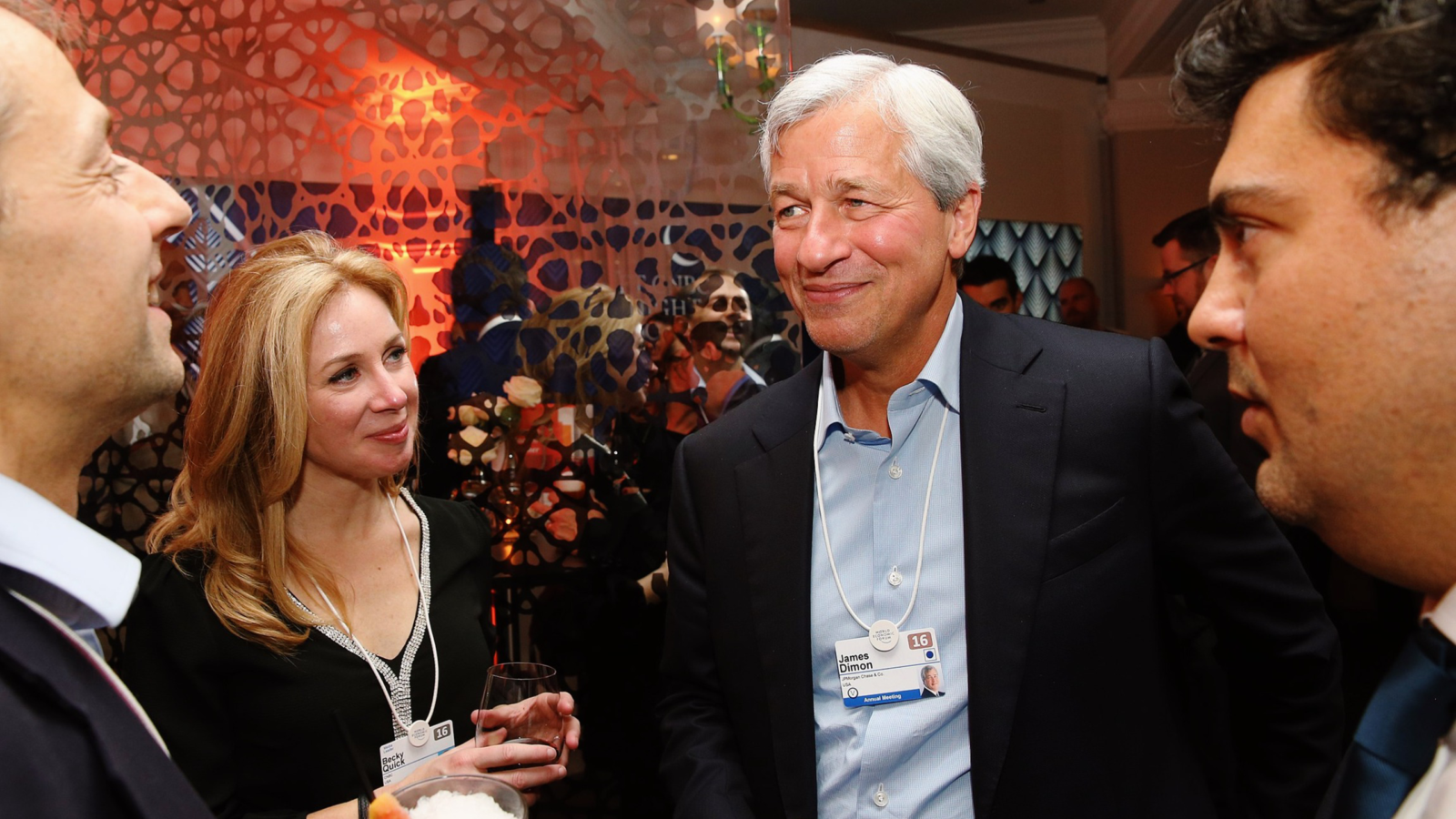E Pluribus Unum: Individual Investors Become Market-Moving Force
According to a recent JPMorgan analysis, individual investors now account for 60% of US equities, an all-time high.
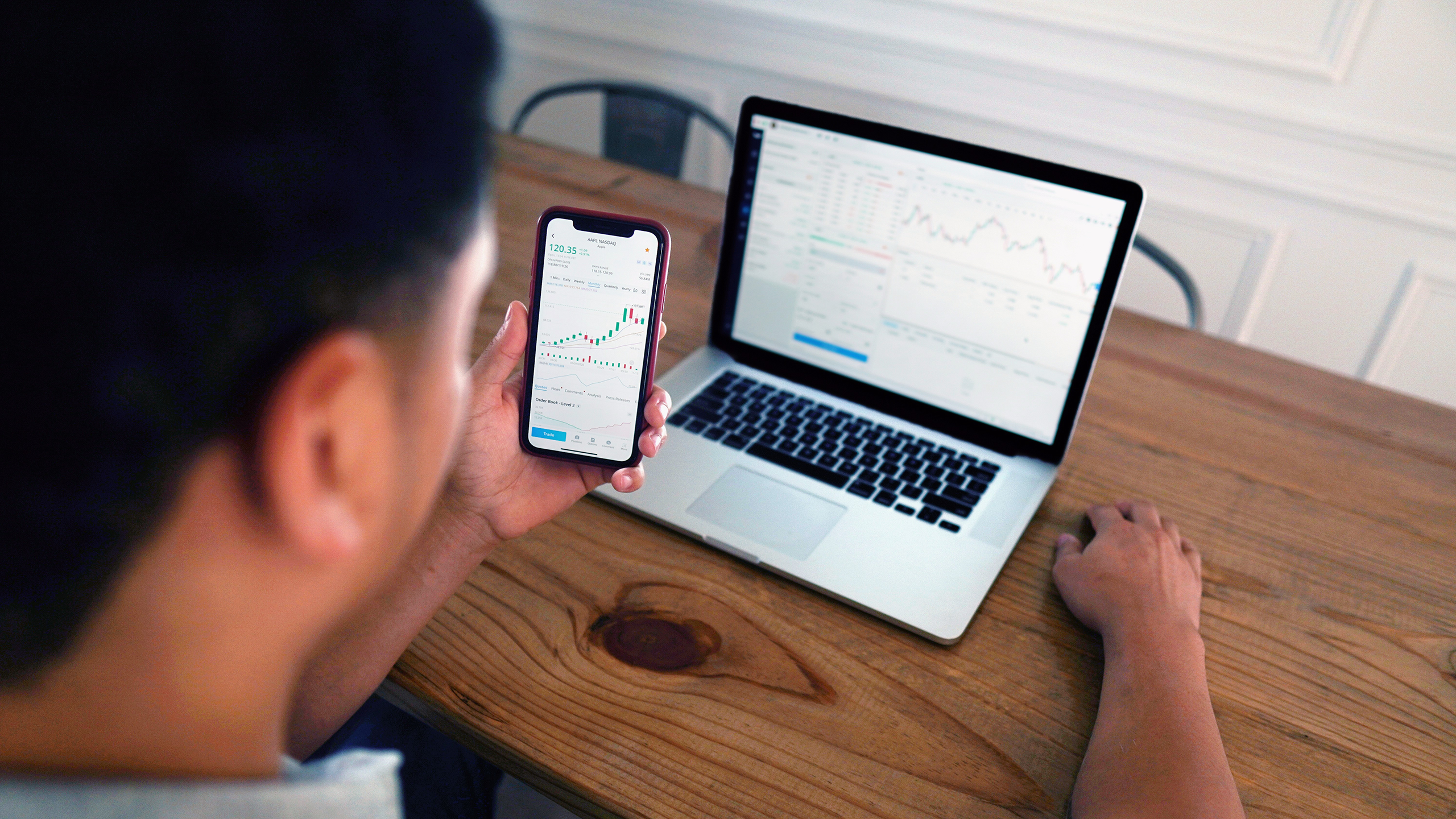
Sign up for smart news, insights, and analysis on the biggest financial stories of the day.
The 60/40 split is taking on a new meaning in the world of finance.
Numbers long associated with the conventional wisdom of splitting investment portfolios between stocks and bonds now apply to the split between individual investors and institutional players. According to a recent JPMorgan analysis, individual investors now account for 60% of US equities, an all-time high. And just in time for a crash course in tumultuous, tariff-tinged investing — in which they’re making their presence felt.
Letter to the Editor
As the market nosedived this year, the individual investors used the opportunity to “buy the dip,” pouring a remarkable $67 billion into US equities and ETFs in the first-quarter, per VandaTrack data — or down just barely from the white-hot, optimistic final quarter of 2024. They’re braking harder now: In the two weeks leading up to March 18, Barclays data showed that retail outflows from US equities reached $4 billion, signalling a last-minute U-turn from buy-the-dip-mania at the start of the market rout. “This does appear to be a bit of a reactionary trading activity,” Rob Austin, director of research at Alight Solutions, told CNBC.
In fact, it’s this type of reactionary retail trading that is now significantly shaping the market, JPMorgan analysts wrote in a recent note to clients: “The higher the appetite by US households to hold equities in their portfolios, the more expensive the equity market becomes and vice versa.” US households on average held 42% of their assets in US equities in the first quarter, JPMorgan found, down just slightly from a record 43.5% in Q4 2024.
The market-shaping retail investment boom has, in part, been driven by platforms like Robinhood. And, if some major players have their way, the “democratizing of finance” movement will soon extend beyond mere equities:
- In his annual shareholder letter to investors published earlier this week, BlackRock CEO Larry Fink said the investment giant is on a mission to open up retail access to private markets, such as “data centers, ports, power grids, the world’s fastest-growing private companies.”
- “Assets that will define the future… [are] in private markets, locked behind high walls, with gates that open only for the wealthiest or largest market participants,” Fink wrote.
Goldman Gatekeepers: Not-so-coincidentally, BlackRock is already expanding access to said private markets. Last week, the investment giant rolled out a new program to offer more complex private equity and credit funds to its wealth management clients. Meanwhile, on Wednesday, Goldman Sachs similarly expanded its private equity offerings to individual clients with at least $5 million in their portfolios, according to a Bloomberg report. If Wall Street really wants to open private investing to individual investors, it seems like the rich will be the first guinea pigs in the trial.
